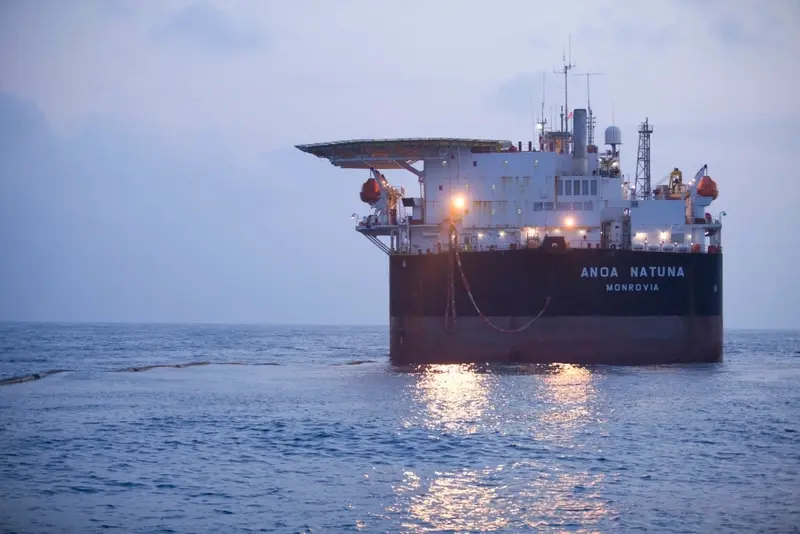
Oil producer Premier Oil (PMO) has risen by 4.4% to 77.2p as it returns to profit off the back of higher production and improved commodity prices.
However, the company’s numbers are soured somewhat by a 36% drop in proved and probable (2P) reserves to 194m barrels of oil equivalent (boe).
This is linked to the reclassification of 134m boe at its Sea Lion field in the Falklands to contingent resources as new guidelines from the Society of Petroleum Engineers require an oil discovery to have development funding and approvals in order to be classified as reserves.
Contingent resources are known accumulations of hydrocarbons which are not considered ready for commercial development due to one or more contingencies.
BROKER NOT HAPPY
Broker Cantor Fitzgerald is unimpressed that, in its view, Premier is not more upfront about the reserves downgrade.
It says: ‘A strong year for Premier Oil, although this was mostly covered in the trading statement, with 2019 guidance looking like more of the same (higher operating expenditure a bit disappointing but probably unavoidable).
‘However, quite how a 36% drop in 2P reserves doesn’t deserve a bullet point at the top of the RNS is beyond us. This should reverse once funding is sourced, and is an unfortunate but unavoidable turn of events, but trying to gloss over it is poor form.’
Overall Premier posts a 2018 net profit of $133.4m compared to a net loss of $235.8m a year earlier off the back of production of 80,500 barrels of oil equivalent per day (boepd), compared with 75,000 boepd a year earlier thanks to increased output from its Catcher development in the North Sea.
Operating expenditure of $10 per boe in 2018 is expected to increase to $13 per boe in 2019 thanks in part to the disposal of some low-cost natural gas assets.
The company continues to chip away at net debt which fell $393m in 2018 but still stands at a chunky $2.3bn.




